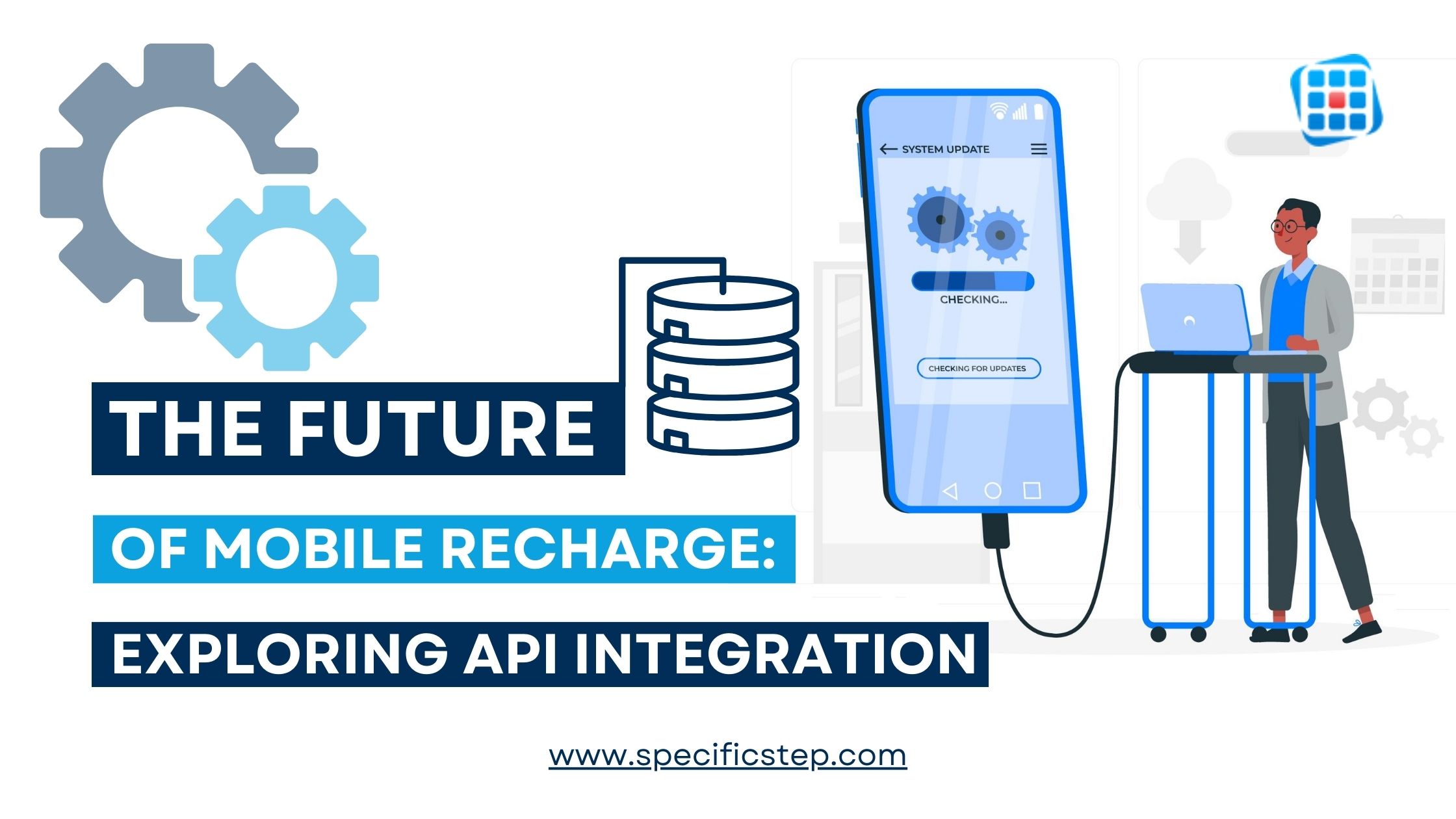
In an era marked by technological advancements, the mobile recharge industry is undergoing a transformative evolution through the integration of Application Programming Interfaces (APIs). This growing trend of API integration is not only reshaping the way we recharge our mobile phones but also redefining the future of mobile payments. Let’s delve into this dynamic landscape and explore how mobile recharge API integration is revolutionizing the industry.
Mobile Recharge API: The Backbone of Modern Recharge Services
At its core, a Mobile Recharge API serves as a bridge that connects various service providers, such as mobile network operators, payment gateways, and businesses, to facilitate seamless mobile recharge transactions. This B2B (Business-to-Business) approach has become the best solution for enhancing the mobile recharge experience.
The Rise of B2B Mobile Recharge API Services
The B2B model for mobile recharge API services has gained immense popularity due to its efficiency and versatility. It allows businesses to integrate mobile recharge capabilities into their existing platforms, whether it be a website, mobile app, or POS system. This integration streamlines the recharge process, making it more accessible to a broader audience and opening new revenue streams for businesses.
Why Mobile Recharge API Integration is the Best Choice?
Efficiency and Convenience:
Mobile recharge API integration eliminates the need for users to visit multiple websites or physical stores to recharge their mobile phones. It offers a one-stop solution, saving time and effort.
Cost-Effective:
Businesses can reduce operational costs by automating the recharge process through API integration. It minimizes manual errors and reduces the need for additional staff.
Wider Reach:
With API integration, businesses can extend their services to a wider audience, including remote areas where physical recharge points may be scarce.
Real-Time Updates:
Users can access real-time information about mobile recharge plans, tariffs, and discounts through API integration, ensuring they make informed decisions.
Security:
Reputable mobile recharge API providers employ robust security measures to protect user data and financial transactions, instilling trust among users.
Mobile Recharge API in India: A Growing Trend
In India, where mobile phone penetration is skyrocketing, the demand for efficient and secure mobile recharge services is ever-increasing. Mobile recharge API solutions have played a pivotal role in meeting this demand. As the industry continues to evolve, Indian businesses are recognizing the potential of API integration to cater to a massive user base.
Mobile Recharge API Development: Building the Future
The development of mobile recharge APIs is a dynamic field. API providers are constantly innovating to offer better features, enhanced security, and improved user experiences. This evolution ensures that businesses have access to the best mobile recharge API solutions to meet their specific needs.
Conclusion: Embracing the Future of Mobile Recharge
As we look ahead, it’s evident that mobile recharge API integration is the driving force behind the future of mobile payments. Its efficiency, convenience, and ability to cater to a diverse audience make it the best choice for businesses in India and beyond. To stay competitive in the ever-evolving mobile recharge industry, embracing this technology is not just an option; it’s a necessity. Mobile recharge API integration is paving the way for a future where mobile recharges are smoother, faster, and more accessible than ever before. It’s time for businesses to seize this opportunity and empower their customers with the best recharge API services available.